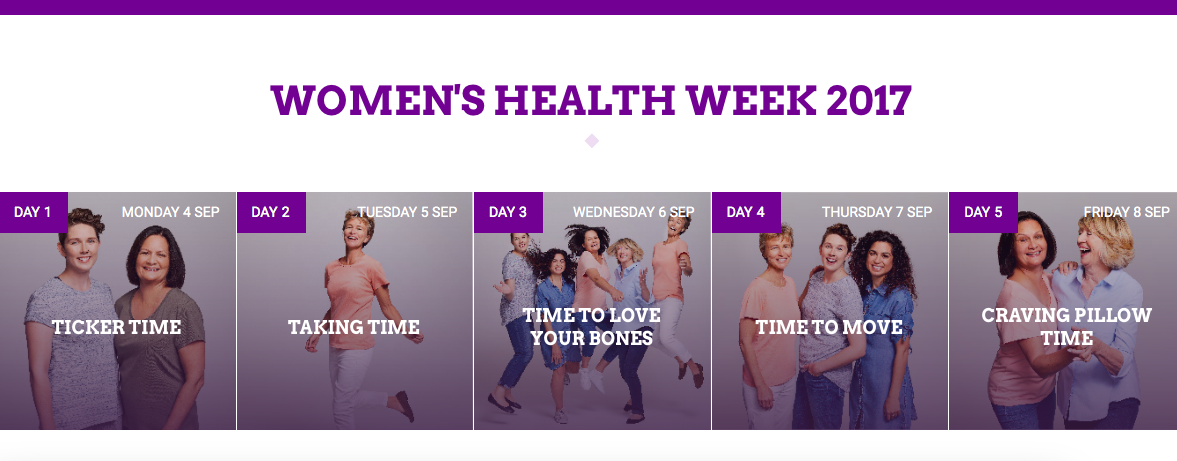The concepts of positive psychology can have many benefits in the workplace. This powerful tool is used to focus on employees’ personal strengths skills, and capabilities, as a foundation for developing their performance.
Recently, a global study found that workgroups that received strength based interventions showed an average increase in employee engagement of up to 15[1] per cent, reductions in staff turnover of up to 721 per cent, and 591 per cent less safety incidents.
Eleni van Delft, Accredited Strengths Coach and Director of Relationship Management, at AccessEAP, a leading not-for-profit Employee Assistance Program (EAP) provider in Australia, recently implemented a new positive psychology approach to team management. The results have driven team engagement, communication and productivity for the business.
Here, Eleni explains how using Positive Psychology during a period of impressive business growth, allowed her team to play to their strengths!
Defining the approach
A number of big wins in our organisation had made it imperative to grow our numbers. I quickly identified the need for a new approach to help shape our new team.
I am inspired and intrigued by Positive Psychology and in particular, exploring the key elements that make people flourish in life and at work. My management style has been influenced as an Accredited Strengths Coach, to lead by example and use positive reinforcement. So I knew early on that I wanted to help the team bond and define how they can best work together.
The recruitment of new staff was an ideal time for the entire team to identify and the individual strengths each person possessed and help each other grow to their potential. My intention was to cultivate our newly formed team of diverse, capable, and passionate individuals, from a range of industry backgrounds, into a cohesive unit who could appreciate what each other has to offer.
Introducing positive psychology
The idea of personal strengths was introduced to the team through ‘The Science of Character (8min "Cloud Film")’, a short film that excited and intrigued them. We then completed a couple of psychometric surveys and discussed the results amongst ourselves.
The first survey included value statements that individuals felt described them most, e.g. “Being able to come up with new and different ideas is one of my strong points”. The results provided each team member with an individual profile highlighting their strengths amongst 24 potential traits.
A natural discussion followed, with individuals commenting on when they had seen their colleagues use their strengths and how they seemed to be “in their element” when doing so. The effect of the program was immediate. The atmosphere in the room lifted and people became more energised. There was more comradery and a greater understanding and appreciation of the diversity of strengths within our new team. Each individual also gained more self-awareness and came up with their own ideas for using their strengths more effectively.
Encouraged by this initial success, I was keen to push forward with the Positive Psychology approach to build on these insights.
I introduced a second questionnaire, which enabled us to identify 60 specific strengths that were directly relatable to work. The results were more detailed and provided individuals with their individual strength profile. The profiles and corresponding strengths were divided into 4 quadrants:

Creating positive results
Traditional approaches to motivating change in others, from parenting through to performance management, focus on people’s limitations and areas for improvement. Research shows however that these traditional approaches don’t have the intended effect and instead tend to lower individual confidence, performance, and team morale.
I could see the influence of these traditional approaches when we first began the exercise, with most team members wanting to focus on their weaknesses during the strengths debriefing. A major shift occurred when we turned attention to people’s strengths, and this has had lasting benefits. As a daily reminder of what they bring to the team personalised mugs were created for everyone.
Through appreciating and identifying one another’s perceived strengths, the team have formed strongly collaborative and cohesive working relationships. We’ve also seen improvements in productivity, individual performance and a reduction in days missed through sick leave.
This approach has given the team greater confidence, opened them up to learning and growing within their roles, and invigorated them to do their best work. For example, there has been an increase in the number of ideas put forward on how to create more effective processes, or do things in more innovative ways. Another outcome is that one of the team identified a strength for presenting to groups that was not being utilised in their role at the time, and so we created an opportunity for this to occur.
The benefits of using Positive Psychology through strengths coaching have been acknowledged at an organisational level too. There is a keen interest in how we can better utilise people’s potential across the business here at AccessEAP by creating opportunities that harness their strengths.
Having gone through this process, it’s become clear that focusing on strengths, rather than weaknesses, has and will continue to improve the performance of our colleagues, teams and even the entire organisation.
[1] Gallup: Strengths-Based Employee Development: The Business Results, 2016 http://news.gallup.com/businessjournal/193499/strengths-based-employee-development-business-results.aspx




